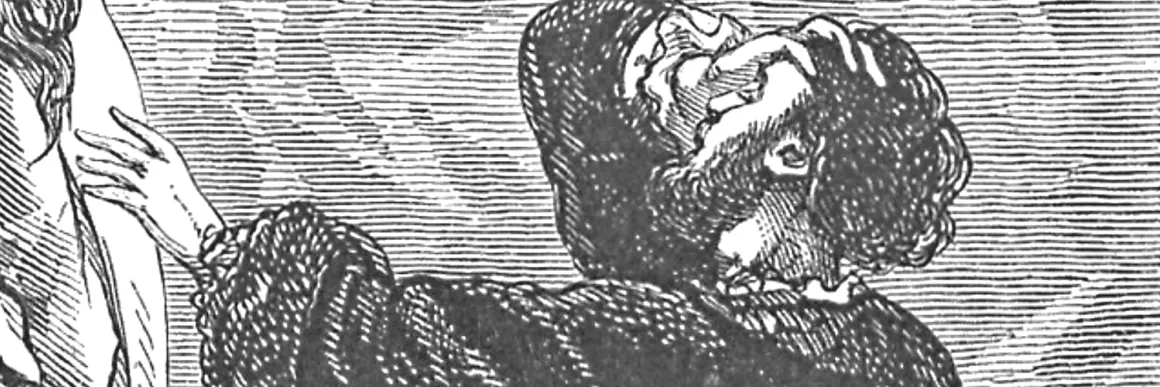In commemoration of the 200th anniversary of Manfred: A Dramatic Poem (1817) and based on original talks given at an international symposium at New York University on April 21, 2017, this special Romantic Circles Praxis volume offers not only a collection of essays that reassesses Lord Byron’s drama from an array of angles but also recent artistic adaptations of the script and an audio recording of a reenacted musical scene from the 1834 London production of Manfred. Among the subjects addressed in these essays are the play’s dramaturgical and staging potential, the curious history of its publication, circulation, and reception, and the authorial intent of a work based on Byron’s scandalous life. The readings also revisit the complexities behind Manfred’s hybrid genre, while expanding the range of cultural influences and source materials that have previously been associated with the play. With Manfred Byron created a work that fused his own celebrity myth with elements from various cultures, faiths, myths, epochs, genres, and traditions. Byron fired the public imagination with a drama that, in pushing well beyond its rootedness in a Swiss landscape and in his own biography, transcends the limits of the personal and the local as an eccentric and eclectic work of global horizons.
Abstract
A stage adaptation of Manfred that emphasizes the influence of ancient Greek theater in Byron's work.
Abstract
An adapted script of Manfred that features a 12-actor cast. It was performed in NYC at the Red Bull Theater on April 20, 2017.
Abstract
Sir Henry Bishop's original musical score reduced for piano and voices by Alonso Malik Pirio.
About
On the 200th Anniversary of Lord Byron's Manfred: Commemorative Essays © 2019 by Omar F. Miranda is licensed under CC BY-NC-ND 4.0

